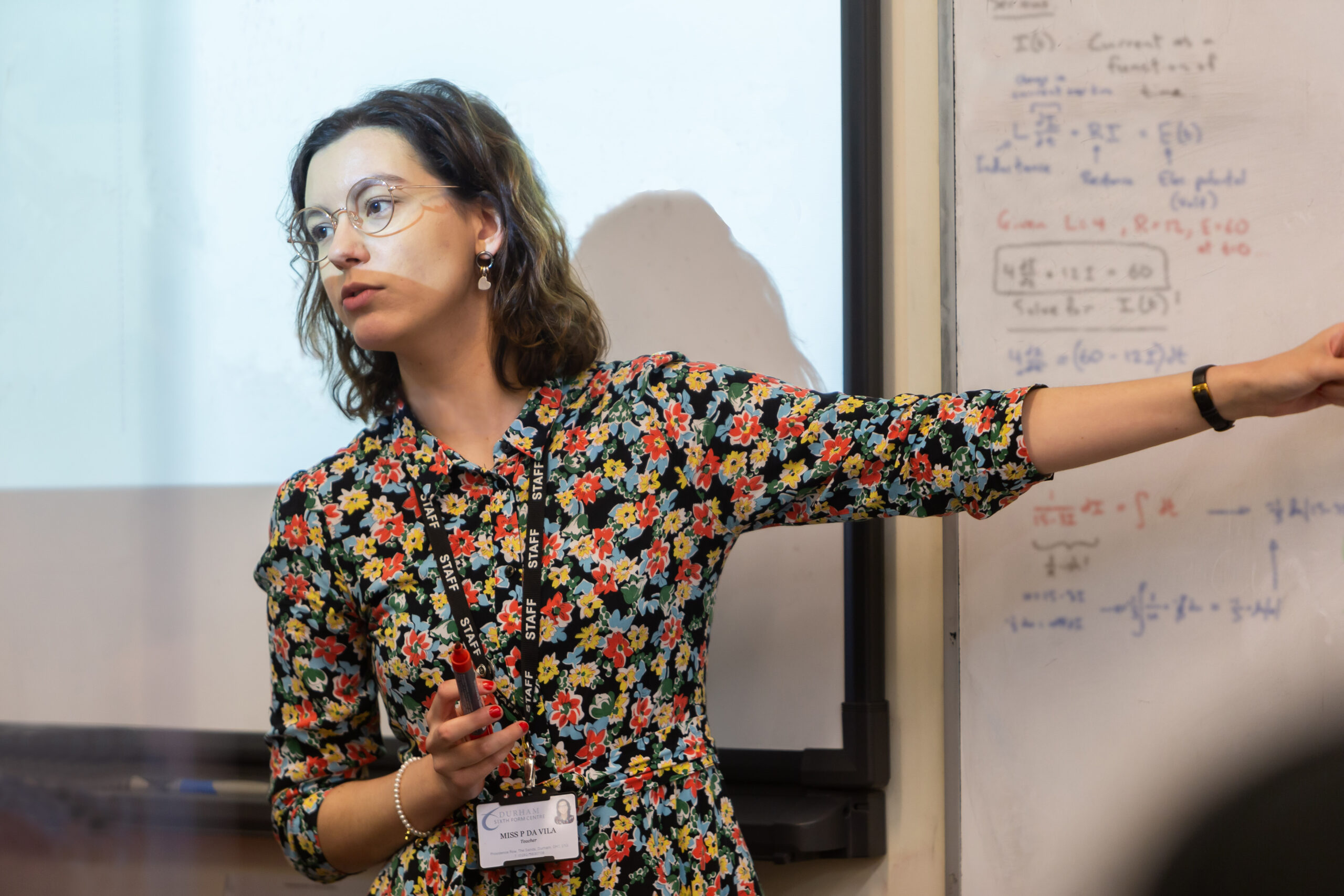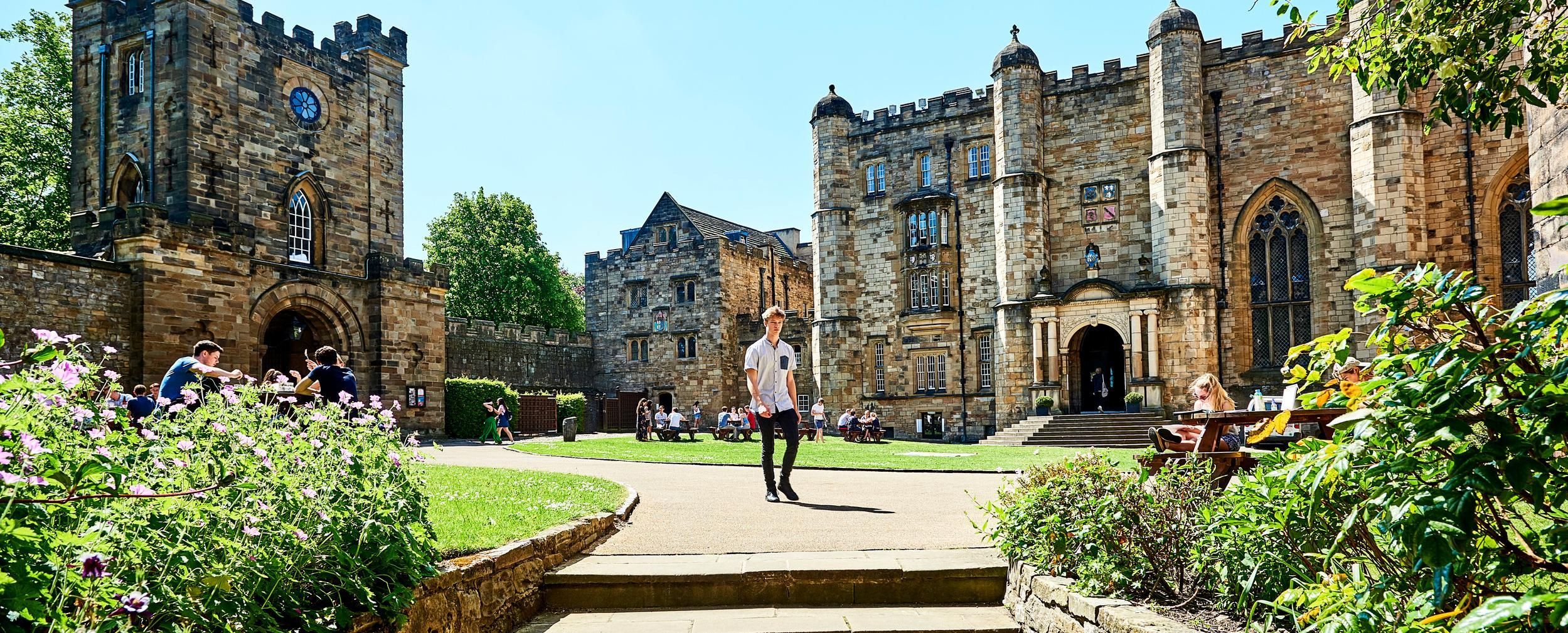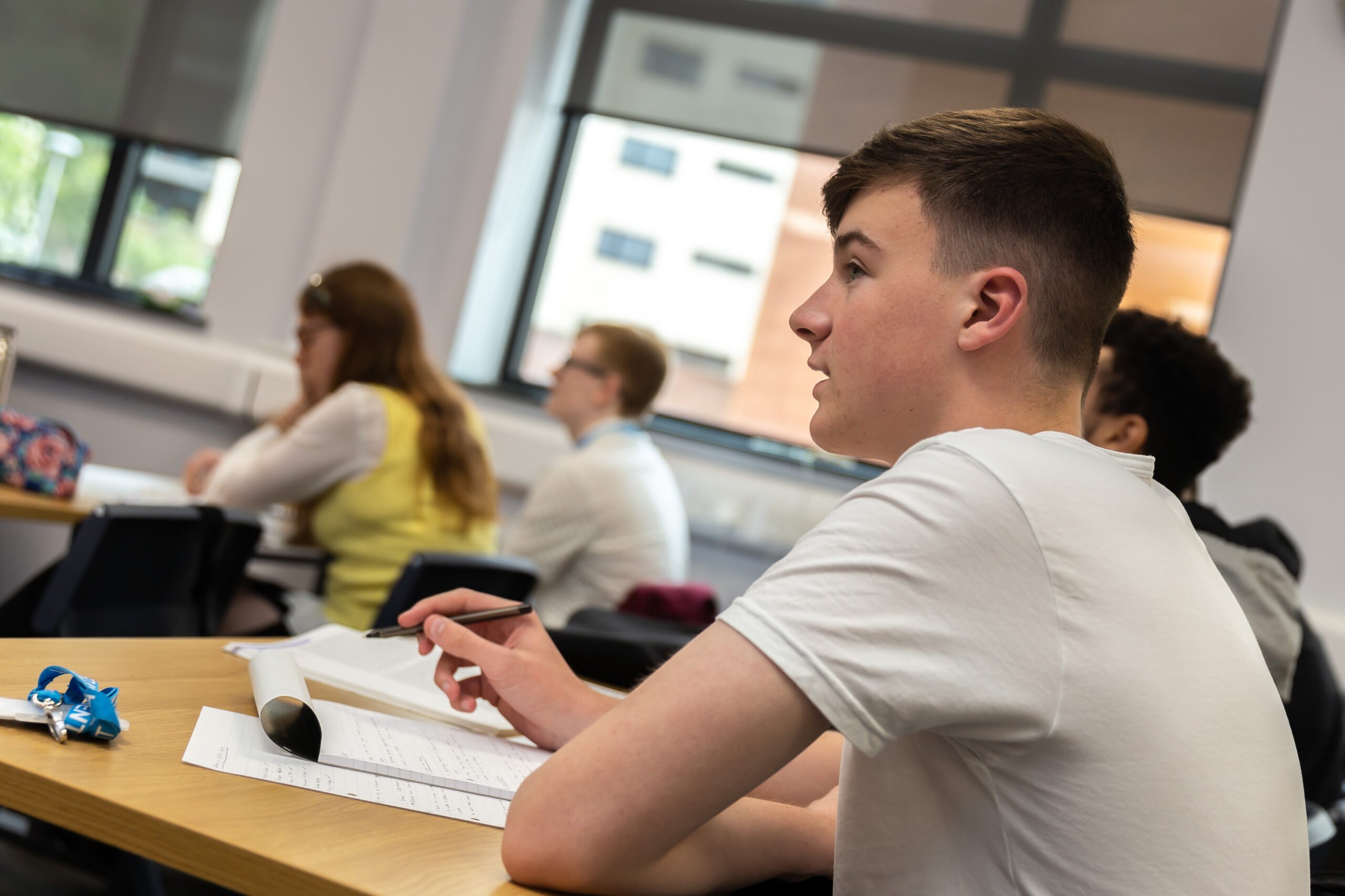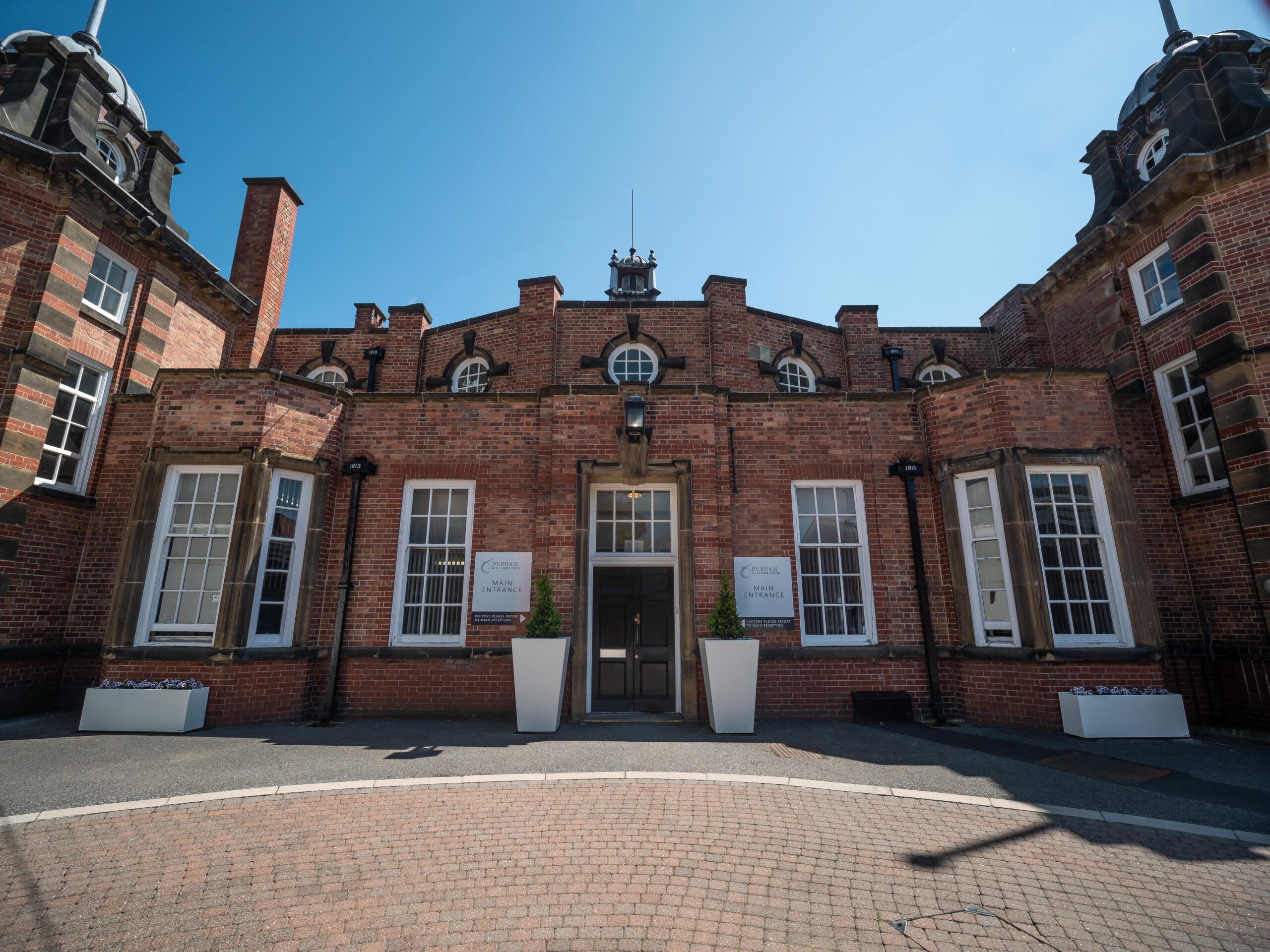We already offer an A Level programme in Mathematics on which pupils do extremely well. Will we lose our brightest students to Durham Mathematics School?
In short, no. Durham Mathematics School will focus recruitment in areas where existing access to post-16 provision is lacking. By providing equal opportunities to all young people in the region, the School will drive forward widening participation and social mobility agendas.
The School will also be small (150 students across Year 12 and 13) and recruit students from a large area – spanning County Durham, Cleveland, Tyne & Wear, Northumberland, the North Yorkshire Coast and Cumbria. We are expecting the recruitment process to be highly competitive, with demand for places high. A student’s existing local mathematics provision will be considered as part of applications for a place at the School.
What outreach activities will the School offer?
We are committed to widening participation and outreach activities. A core focus of the Durham Mathematics School will be to provide access to mathematical provision for students for whom such opportunities do not currently exist. Through the School, we hope to raise aspiration and attainment, stimulating wider regional improvement in Mathematics performance.
Durham Mathematics School will also be open for widening participation activities, particularly during school holidays. The buildings will be used for summer schools and mathematics camps.
It is proposed that this collaboration will facilitate not only high-quality opportunities for the students, but also increase opportunities for the training, supply and support of mathematics teachers in the North East, enabling all schools to see the benefit.
What professional development will be made available for teachers in the region?
Durham Mathematics School will provide mathematics enhancement experiences for trainees, internships for newly qualified teachers, collaborative staff development opportunities for teachers, and school-focused mathematics education research and development activity.
Working closely with Durham University’s School of Education and existing maths hubs, we will strengthen the network of mathematics teachers working across the region, and offer support to maths teachers who are already doing exceptional work within their schools.
Further detail will follow as plans develop.
We currently struggle to recruit good maths teachers. How will this help?
It is hoped the School will help respond to concerns from local and regional schools about their ability to recruit good mathematics teachers. The University’s School of Education will support the delivery of this objective, drawing on their expertise and utilising their resources, alongside the resources of Durham Mathematics School, to enhance provision and training of mathematics teachers in the region. The School of Education, rated Ofsted Outstanding, has a PGCE secondary programme in mathematics recruiting between 15-20 trainees each year. Over the last 3 years, 65% of these trainees have come from the North East and 70% who pass remain working in the North East.
Will primary school pupils benefit from the school?
The main focus will be on KS4, especially students from remote or rural schools and schools that only offer an 11 to 16 year programme of secondary education. However, we hope that the widening participation programmes will extend far beyond this, particularly during holidays when the facilities will be empty. It is proposed that the buildings are used for summer schools and maths camps.
What will the governance model of the School be?
Durham University and Durham Sixth Form Centre are committed to establishing a robust governance model which supports the delivery of Durham Mathematics School’s objectives.
Durham Mathematics School will open as part of Providence Learning Partnership, a newly established Multi Academy Trust (MAT) which also includes Durham Sixth Form Centre. The MAT application is currently underway.




